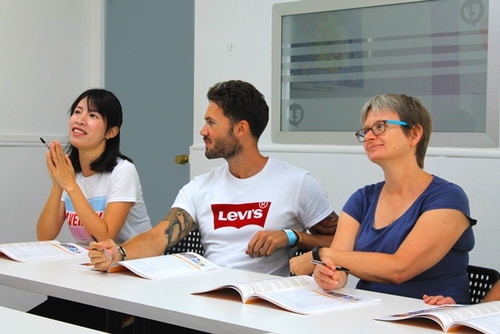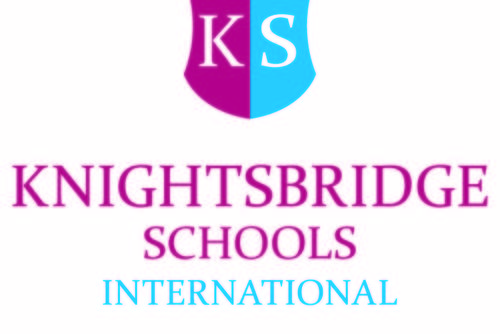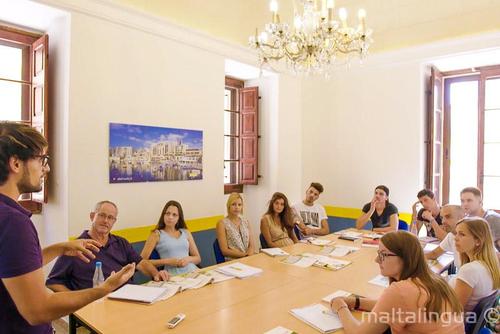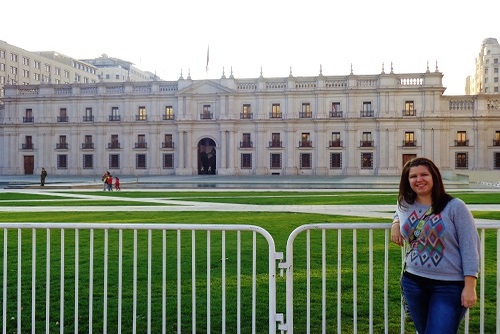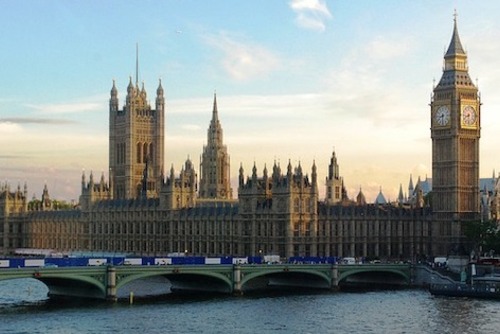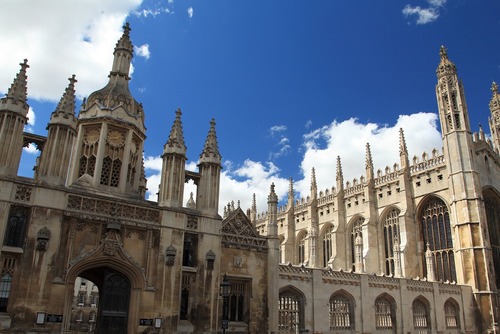About
The International Baccalaureate, formerly known as the International Baccalaureate Organization, is a non-profit foundation headquartered in Geneva, Switzerland, and founded in 1968.
The IB Diploma is a “university preparation program”, in that it teaches you skills and ways of learning that will set you up to do well at a tertiary education level.
Schools offering the International Baccalaureate Diploma (IB Dip) to prepare students for their university entrance by following the IB programme over the final two years of high school. This involves taking six subjects (three at higher level and three at standard level).
Mission
The International Baccalaureate aims to develop inquiring, knowledgeable and caring young people who help to create a better and more peaceful world through intercultural understanding and respect.
Programmes
The International Baccalaureate (IB) offers a continuum of international education. The programmes encourage both personal and academic achievement, challenging students to excel in their studies and in their personal development.
More than 5,000 schools so far have chosen to teach International Baccalaureate (IB) programmes, with their unique academic rigour and their emphasis on students’ personal development. Those schools employ over 70,000 educators, teaching more than one million students worldwide.
In addition to the six academic subjects (two languages, a mathematics, a humanities, an experimental science, and a sixth subject representing the arts or an additional course from the previously mentioned five subject areas), all IB students have to follow a course in Theory of Knowledge (an epistimology course which questions the basis of knowledge), write a research extended essay (on a subject of the student's own choosing) of college level standard, and take part in over 150 hours of non-academic activity covering creativity, physical action (e.g. sports), and service to the community.
Benefits for Students
If you are thinking about pursuing an education and getting an IB Diploma, there are lots of advantages. Students at International Baccalaureate (IB) World Schools are given a unique educational experience.
They will:
- Be encouraged to think independently and drive their own learning
- Take part in programmes of education that can lead them to some of the highest ranking universities around the world
- Become more culturally aware, through the development of a second language
- Be able to engage with people in an increasingly globalized, rapidly changing world.
IB Advantages and Disadvantages
Still wondering whether the IB is the route to take? Consider these points:
Pros
- Respected education
- University preparation
- Global recognition
- Personal development
Cons
- Length of study (two-year commitment minimum)
- It can be a challenge with heavy study schedule
- Less flexibility in terms of courses
Overall - Is IB Worth It?
The International Baccalaureate is an amazing opportunity to prepare for university. If you are prepared to study hard, be okay with the heavy workload and length of study, then it really is a great option to consider.
Universities are generally very positive towards the IB programme. Many universities seek to recruit IB students because they offer both breadth of knowledge and depth, particularly in their higher level subjects.
Do you have any experiences with the International Baccalaureate? Let us know in the comments section below.






